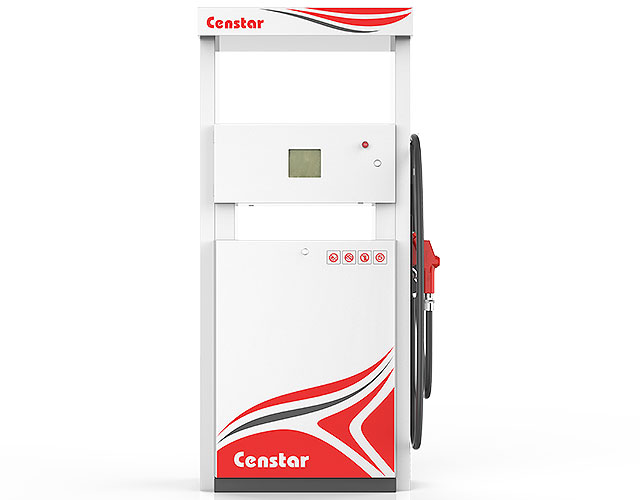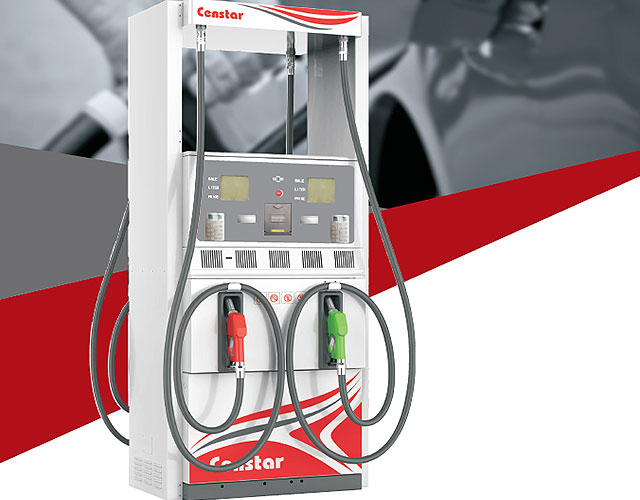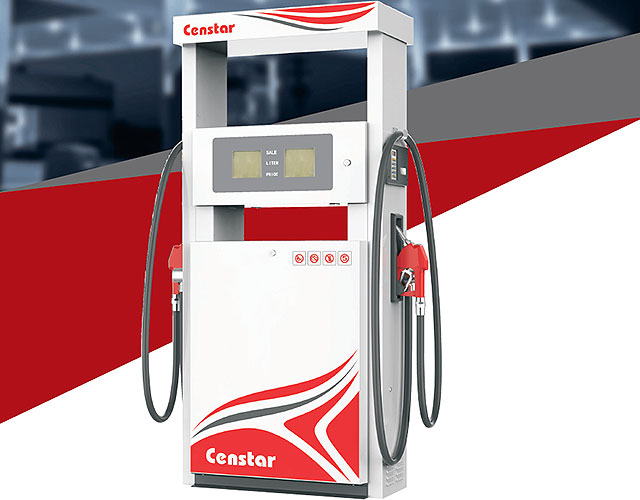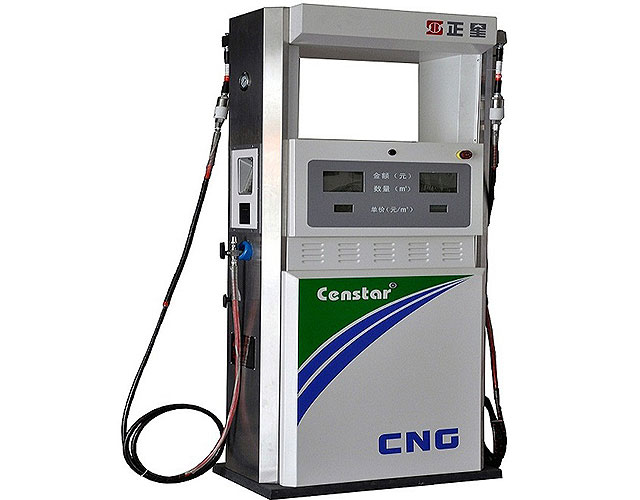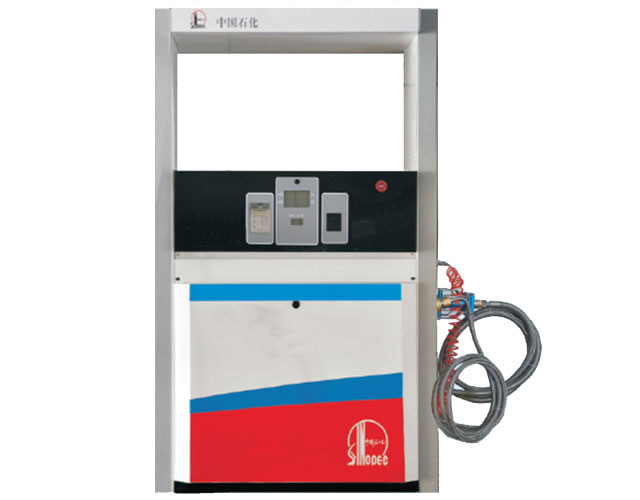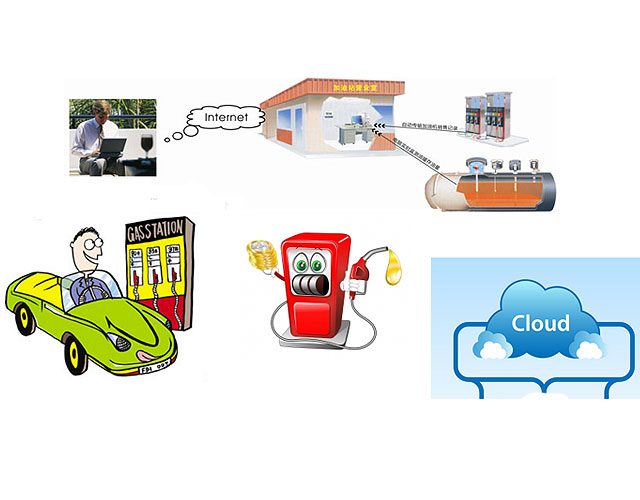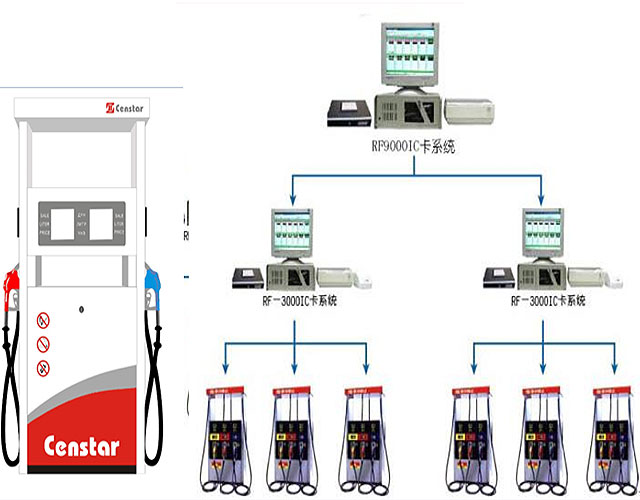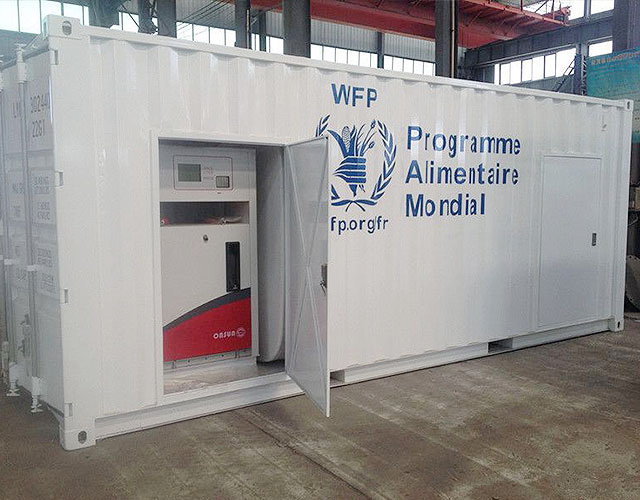radar tank gauging system principle

Radar Level Gauge Emerson
Measurement principle. The level of the liquid (or solid) is measured by radar signals transmitted from the antenna at the tank top. After the radar signal is reflected by

Radar Level Transmitters AutomationWiki
Hence, FMCW happens to be the only system which can be suitably used for meeting high accuracy requirements of tank gauging. Pulsed radar systems . They are also referred to as pulsed time of flight systems. Their working principle is very much like ultrasonic level transmitters. “Pulsed Wave systems emit a microwave burst towards the process material.

Operating Principle of Non Contacting Radar Level Sensors
Operating Principle of Non Contacting Radar Level Sensors/Gauges (Unguided Wave) the transmitter is programmed with the reference gauge height of the application(Ho as shown above) usually the bottom of the tank or chamber. The achievable accuracy of any radar level measurement system depends heavily on the type of application, the

Tank Gauges AnaTech International (Pvt.) LTD
Stillpipe radar gauge; Bullet tank radar gauge; High Pressure Radar Gauge; Bespoke solution for internal interferance . Our tank radar gauges can be supplied on their own or with our tank gauging system which is used worldwide to monitor tank farms and refineries of all sizes. Our tank gauging system links to most gauges and software on the market.

Saab TankRadar Level Gauges Marine Tank Management
Saab TankRadar Level Gauges. Rosemount TankRadar® PRO 5600 is the sixth generation of radar level gauges from the world's leading manufacturer of radar level gauging equipment. It is especially designed for the process or lower accuracy inventory gauging

Tank Gauging Management Systems Marine/Products
Radar. Range of applications FMCW Level Radar level gauging system is designed to measure the distance, level, volume and reflection of liquids, pastes, slurries, solids and particulate materials. Ex hazardous duty versions are suitable for use in Ex Zone 0, 1 and 2. Operating principle (FMCW Radar)

Tank Gauges Field Instruments FuelsManager Software
Tank gauging is the generic name given to the measurement of liquids (product) in bulk storage tanks with the aim of quantifying how much product is in the tank, “gauging the contents of a tank”. Today, the oil & gas industry uses the static measurement of the tank contents to account for product stored and product moved into and out of the tank.

Radar Tank Gauge for Gas Carriers Kongsberg Maritime
Principle of operation. The Radar Tank Gauge employs the Frequency Modulated Continuous Wave (FMCW) principle with dual sweep technology to eliminate Doppler effect caused by cargo movement. A frequency sweeping microwave signal is emitted by the radar through a still pipe. The distance (i.e. the ullage) is derived from the time delay of the reflected signal.

Servo Tank Gauges Working Principle Instrumentation Tools
Servo Tank Gauges Working Principle Tank gauging is the generic name given to the measurement of liquids (product) in bulk storage tanks with the aim of quantifying how much product is in the tank, “gauging the contents of a tank”.

Servo Tank Gauging from Honeywell Enraf Accurate Level
Tank gauging is essential for the assessment of tank contents, tank inventory control and tank farm management. Honeywell's portfolio of high end radar & servo tank gauges help in accurate level gauging for refineries, tank terminals and petrochemical industries.

Overview of Tank Gauging Technologies Instrumentation Tools
Radar tank gauges are “downward looking” measuring system installed on the tank roof. Operating on the time of flight method, they measure the distance from the reference point (process connection) to the product surface. Radar impulses (FMCW principle) are emitted by an antenna, reflected off the product surface and received again by the radar system.

Cargo Measurement Devices for Oil Tankers Liquid Level
This is another type of gauging equipment that operates on the principle of radar. This type of gauge is used on all modern tankers now a days for their accuracy and reliability. Radar gauges operate at very high frequencies (11 gigahertz). In case of gas carriers, the siting of the transmitter on the tank dome is very important for the most

Tank Gauging Systems Radar Gauge Motherwell Tank Gauging
Motherwell Tank Gauging has a range of solutions for interfacing its tank radar gauge with DCS/SCADA systems as well as gauges / monitoring systems supplied by other companies such as Enraf & Rosemount. We are proud to be counted as the supplier of choice to an extensive list of oil and refining majors the world over.

Tank Gauging Management Systems Marine/Products
RADAR SYSTEMS. MOWE works closely with recognized radar equipment manufacturers to complete the Marine Radar Tank Gauging solution. We believe in delivering proven solutions to our customers. Radar. Pulse radar is a radar sensor in K band technology (emitting frequency approx. 26 GHz) for continuous level measurement.

The Art of Tank Gauging
Tank Gauging is the generic name for the static quantity assessment of liquid products in bulk storage tanks. Two methods are recognized: • A volume based tank gauging system. Quantity assessment based on level and temperature measurement. • A mass based tank gauging system. Quantity assessment based on hydrostatic pressure of the

Tank Gauging System Emerson US
Tank gauging means liquid measurement in large storage tanks to determine product volume. Rosemount™ Tank Gauging System ensures accurate level, temperature, and pressure measurements for inventory control, oil movement and overfill prevention, securing efficient operations.

Tank Gauging System Spartan Controls
Rosemount Tank Radar Rex Chapter 1 System Description Service Manual 308012En, Ed.1/Rev.D August 2010 1. System Description The TankRadar Rex System is a monitoring and control system for tank level gauging. The system can interface various sensors, such as temperature and pressure sensors, for complete inventory control.

Guide to Level Instruments Principles & Application
1. Type of level sensing principle. Following are the type of level sensing principle generally in use in the projects: (i) Sensing by float: A float moves up and down along with the level and thus represents the level or height of a liquid. Type of level instruments: Magnetic Level gauge. Auto tank gauges (Float and tape type level indicators).

Radar Tank Gauge for Oil, Product and Chemical tankers
Radar Tank Gauge GLA 300/P for oil, product and chemical tankers. The KONGSBERG Radar Tank Gauge, GLA 300/P, is designed with an offset parabolic antenna where both the signal transmitter and the parabolic antenna is angled 45 degrees to allow for natural draining should condensation and deposits from the tank atmosphere occur.

Common Tank Gauging Technologies and How They Work Varec
Principle of Measurement. Radar tank gauges are “downward looking” measuring system installed on the tank roof. Operating on the time of flight method, they measure the distance from the reference point (process connection) to the product surface.

Radar level measurement Endress+Hauser Endress+Hauser
Continuous level measurement in liquids and solids with free space radar sensors. Non contact radar with simple commissioning, trouble free operation saves time and money. For usage in a wide range of applications be it in simple storage tanks, in corrosive or aggressive media or high accuracy tank gauging applications. Check out the broad range of Micropilot devices for radar applications and click

Tank gauging Endress+Hauser
State of the art level (radar and servo) and temperature measurement technologies with industry proven communication protocols allow accurate measurements and data collection. Our tank gauging instruments, Micropilot, Proservo and Prothermo meet the NMi and PTB requirements and also have local approvals according to OIML R85.

Norr BTM Tank Management AAA Norr Systems
The BM 70 M Level Radar level gauging system is designed to measure the distance, level, volume and reflection of liquids, pastes, slurries, solids and particulate materials.

Tank Gauging, Alarm Handling and Cargo Control System
Radar Principle and its Advantages Rosemount TankRadar STaR System Description ed Radar Principle and its Advantages The main advantages for using radar for tank gauging are: • Radar waves are extremely robust to any conditions in the tank. • Radar waves are generally not affected by the atmosphere above

Tech Descr TR PM6 Marine Electrical Technology
Radar Principle and its Advantages The main advantages for using radar for tank gauging are: • Radar waves never get stuck. • Radar waves are not affected by the atmosphere above the product in the tank. • The only part located within the tank is the antenna.

Tank Gauging System From Level Measurement To Computer
This video describes how a Tank Gauging System works. The system consists of a custody transfer certified non contacting Radar Level Gauge. Temperature is me

Rosemount Tank Gauging System Overfill Prevention
Hans Schriel, Emerson's Rosemount Tank Gauging Specialist, talks about Overfill Prevention Solutions for bulk liquid storage.

level measurement and tank gauging systems SlideShare
level measurement and tank gauging systems Slideshare uses cookies to improve functionality and performance, and to provide you with relevant advertising. If you continue browsing the site, you agree to the use of cookies on this website.

High level alarms and controls Marine Tank Management
Radar Tank Gauging Ltd (RTG) is the authorised distributor for the supply and support of Rosemount Tank Gauging products (formerly marketed as Saab TankRadar gauging systems) for use on refineries, terminals, process plants and all storage facilities as well as Emerson Marine Solutions for use on board Tankers of all descriptions including Crude, LNG/LPG, chemical carriers, FPSO's and FSO's.

Radar Tank Level Gauge Radar Level Transmitter
Radar Gauge Options: Our tank gauging system links to most gauges and software on the market. Our tank gauging system can be the complete one stop solution or can link to all major gauges, including Endress & Hauser, Rosemount and Enraf, We can design, supply, install & maintain your complete gauging ststem including radar gauges,

Enraf Radar Sensors
The Enraf Radar Gauge is used for continuous and precise level gauging to ensure secure and safe marine operations, especially during loading and discharging. The Enraf Radar Gauge integrates temperature, pressure and ballast data in a compliant, robust and compact system.


